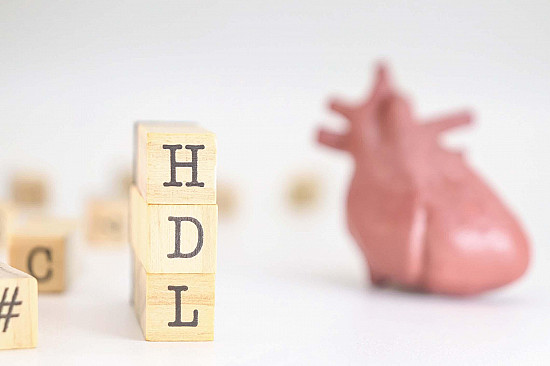Is extra-virgin olive oil extra healthy?
On call

Q. I know olive oil is part of a heart-healthy diet, but is extra-virgin olive oil healthier than regular olive oil?
A. Many studies continue to confirm the health benefits of the Mediterranean diet, which cuts the risk of heart disease and stroke. The diet's nutritional benefits probably come from various sources, but the generous use of olive oil appears to be a key contributor.
Regardless of the type, olive oil is high in monounsaturated fatty acids, containing about 75% by volume. When substituted for saturated fat, monounsaturated fats help lower your "bad" LDL cholesterol. The health benefits of olive oil have been attributed to its antioxidant and anti-inflammatory properties. In fact, observational studies have shown a link between lower risks of cardiovascular disease, some cancers, and even dementia in people who consume higher amounts of olive oil than those who use little or none.
Still, extra-virgin olive oil does offer something extra that regular olive oil does not. Extra-virgin olive oil is pressed mechanically from ripe olives and processed without high heat or chemical solvents. This protects chemicals in the oil called phenols. In contrast, regular, highly processed olive oils lose these chemicals. Small laboratory-based experiments suggest that higher concentrations of phenols may provide extra antioxidant effects. Even so, there are no definitive studies that show extra-virgin olive oil has a greater ability than refined oil to prevent heart problems, cancer or other diseases.
Keep in mind that olive oil is not the sole healthy ingredient in a Mediterranean diet. Think of it as just one aspect of the Mediterranean style of eating, which includes plenty of fruits, vegetables, and nuts; whole grains; and limited amounts of red meat.
Image: © fcafotodigital/Getty Images
About the Author

Howard E. LeWine, MD, Chief Medical Editor, Harvard Health Publishing; Editorial Advisory Board Member, Harvard Health Publishing
Disclaimer:
As a service to our readers, Harvard Health Publishing provides access to our library of archived content. Please note the date of last review or update on all articles.
No content on this site, regardless of date, should ever be used as a substitute for direct medical advice from your doctor or other qualified clinician.
















